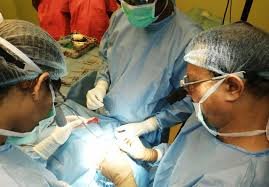Plastic surgery is a specialized field of medicine that involves reconstructing, repairing, or enhancing different parts of the body. It is broadly divided into two categories:
1. Reconstructive Surgery
This type focuses on correcting defects caused by birth abnormalities, trauma, infections, diseases, or medical conditions. Some common procedures include:
- Burn reconstruction
- Cleft lip and palate repair
- Breast reconstruction (after mastectomy)
- Scar revision
- Hand surgery (e.g., carpal tunnel release)
2. Cosmetic (Aesthetic) Surgery
These procedures are performed to enhance or alter appearance, often for personal preference rather than medical necessity. Common examples include:
- Rhinoplasty (nose job)
- Breast augmentation/reduction
- Liposuction
- Facelifts & Botox
- Tummy tuck (abdominoplasty)
Risks & Considerations
While plastic surgery can have significant benefits—such as improved self-esteem and function—it also carries risks like:
- Infection
- Scarring
- Blood clots
- Nerve damage
- Unsatisfactory results requiring revisionPlastic Surgery in General
Ethical & Psychological Aspects
Some people undergo surgery due to social pressures, body dysmorphia, or unrealistic expectations. Surgeons often screen patients to ensure they have a healthy mindset and realistic goals.
